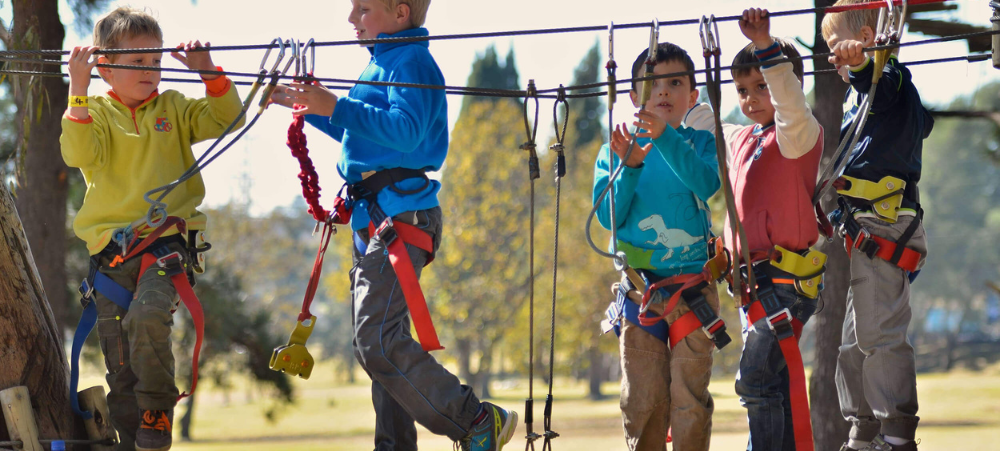Team sports start pretty early these days, with children as young as four and five enrolling in soccer leagues. For most children, that’s just the beginning. They’ll go on to participate in team sports throughout their school years and sometimes into their college ones. Besides sports, being part of a team will also be a requirement in the classroom and on the playground, and the same skills your child needs on the field can help him throughout life. Here are some key things to teach your child about being a great team player.
Teach him that there is no I in TEAM. This saying is still popular among coaches because it’s so true. Children, by nature, are self-focused. It’s natural, especially at a young age, for them to think about themselves more than their teammates. They want to be the one to kick the ball in for a goal or hit the home run and win the game. Teach your child that no matter how great he is, he’s part of a team, and everyone on that team is a valuable player. Talk about how each person has something to contribute and should be given the chance to play. These ideas can be especially hard to get across to your child if he’s skilled and is considered a star of the team. When others set him apart because of his talent, it’s easy for him to fall into the trap of feeling like he can get things done all by himself. But he can’t. Even the star needs the support and help of his teammates to shine.
Let him know mistakes are a part of everything in life. No one is perfect, and mistakes are just part of the game in sports. That’s easy to say, but often children don’t take mistakes with a great attitude. A missed ball or an out of bounds throw can cause anything from a few minutes of pouting to a full-blown meltdown. Take those opportunities to talk with your child about his feelings about the mistake. Remind him that no one on the team, not even the star player, gets it right every time. Help him remember a time when other team members made mistakes and it turned out OK. Helping him realize that his mistake isn’t fatal will help put things in perspective. Off the field or court, give your child lots of opportunities to try new things. Learning how to bounce back from mistakes in everyday life will help him do the same in the game.
Show her how to win. One of the hardest things to teach your child is the lesson of humility. It’s her natural instinct to enthusiastically celebrate her team’s wins, and there’s nothing wrong with that. She and her teammates worked hard and they deserve to celebrate! They should be proud of themselves and enjoy the payoff of all their hard work and dedication. The key is to show kindness and respect to the other team while enjoying the win. That balance is hard to achieve, even for some adults. Remind your child what’s it’s like to be on the losing team. How would she like the winning team to treat her in those situations? What could they do or say that would make the loss easier to handle? By helping her see things from the losing team’s perspective, she’ll be much better prepared to show humility when she wins.
Show him how to lose. The old adage “there’s nothing worse than a sore loser” still rings true today. Teaching your child to show humility when he wins is hard. Teaching him to show grace when he loses is even harder. His natural reaction is more likely to be anger and resentment towards the other team. Use these opportunities to talk about the importance of being proud of his efforts, even when they don’t result in a win. Books and films are filled with examples of good sportsmanship and can be discussion starters for you.
Give her practice in being part of a team outside of sports. There are lots of opportunities in your child’s everyday life for her to learn and practice good team skills. Anytime she has to work with another person to accomplish a task will help her build up the skill set she needs to be a great team player. This can happen in free play with neighborhood kids when they come together to build a backyard fort or develop a new game. It can happen when she’s working with her siblings to get the Saturday chores done. Allow your child to learn from those situations and she’ll reap the rewards both on and off the field.
- What If My Child Won’t Take No for an Answer? - November 26, 2025
- Dealing with Your Child’s Power Struggles - November 26, 2025
- Are You Raising a Praise Junkie? - November 25, 2025





